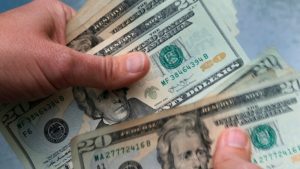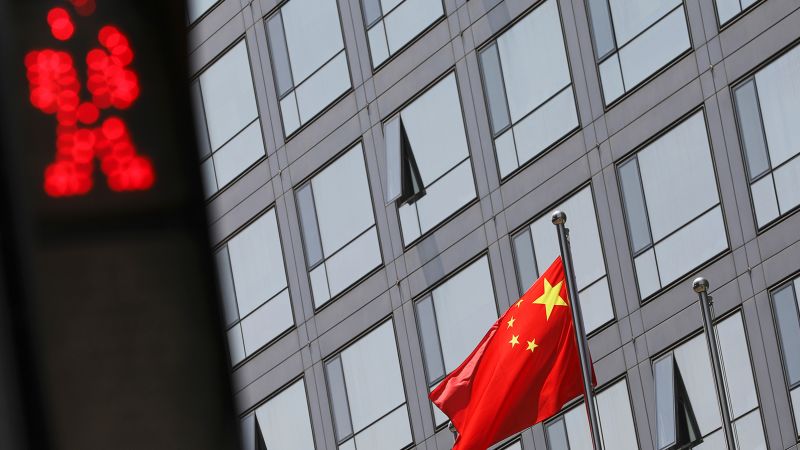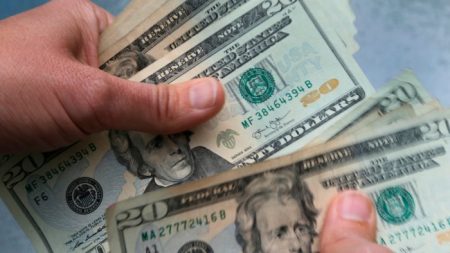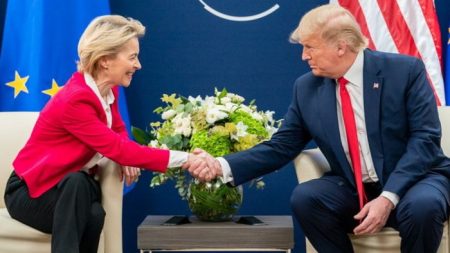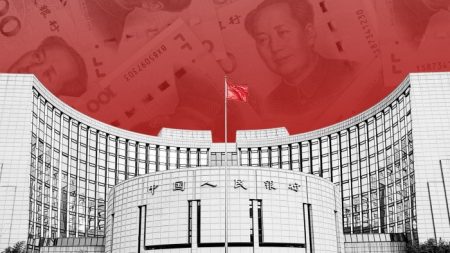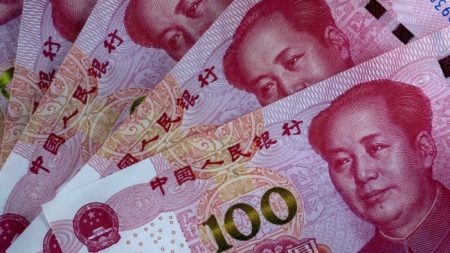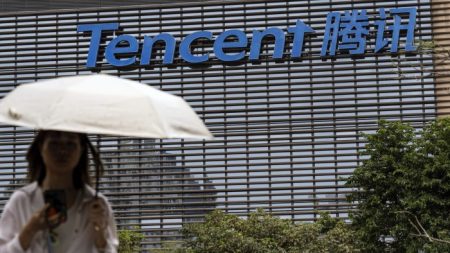China’s top securities regulator has limited short-selling, in its latest effort to stem a protracted $6 trillion-dollar stock market rout that began in 2021.
The China Securities Regulatory Commission announced Sunday it would “fully” suspend the lending of restricted shares on bourses in mainland China.
The curbs, which came into effect on Monday, will impact shares that are held by company employees or strategic investors and are prohibited from being traded in the stock market for a certain period, but can still be lent to others for short-selling.
Short sellers borrow shares from a broker, then quickly sell them with the hopes of buying them back later at a lower price before they have to return the shares.
The regulator also told securities financing firms that borrow shares from institutional investors to wait one day before providing them to brokerages, which can then lend them to short-sellers. Previously, these shares could be immediately made available to brokerage firms.
China had earlier placed some limits on short-selling of shares held by strategic investors in October but the stock markets continued their meltdown — and analysts worry the new moves will also fall flat.
“The [mainland Chinese] markets were largely muted to this policy change,” said Ken Cheung, chief Asian foreign exchange strategist for Mizuho Bank in Hong Kong.
On Monday, the Shanghai Composite Index was up 0.3%, while the Shenzhen Component Index was down 1.6%. Investor sentiment has also soured after a Hong Kong court ordered Evergrande, the poster child of China’s property crisis, to liquidate.
“The liquidation at least reminds investors of China property downturn and may keep foreign investors away from returning to Chinese investments for the time being, ” Cheung said.
Calm returns but challenges remain
Chinese authorities have stepped up their measures to stem the stock market rout over the past week.
Key market indexes plunged last Monday, taking year-to-date losses to between 7% and 10%.
Then, following a series of unusual interventions and announcements by worried Chinese officials, Hong Kong’s Hang Seng Index (HSI) rebounded to end last week up 4.2%, while the blue-chip Shanghai Shenzhen CSI300 logged a 2% weekly gain.
Last Tuesday, Bloomberg reported that Chinese authorities were considering ordering state-owned enterprises to use money held in offshore accounts to buy shares worth as much as 2 trillion yuan ($282 billion).
A day later, in an unprecedented move, regulators said they were considering evaluating the performance of the heads of state-owned companies based on their stock market value.
On the same day, Li Yunze, director of the recently-established National Administration of Financial Regulation (NAFR), vowed at an international financial conference in Hong Kong to further open China’s $64 trillion financial industry to international investors.
Hours later on Wednesday, Pan Gongsheng, governor of the People’s Bank of China, unexpectedly announced that the central bank would slash the amount of cash banks are required to hold as reserves, which could provide 1 trillion yuan ($141 billion) in long-term liquidity to the economy.
Read the full article here
